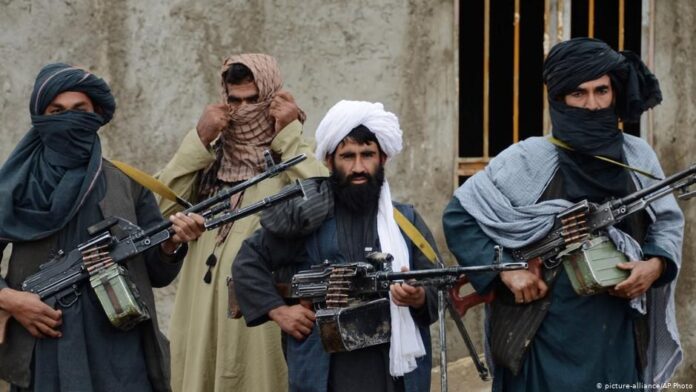Initially hopeful about the Afghan Taliban’s takeover in Afghanistan, Pakistan now grapples with unmet expectations as challenges continue to mount. Two years into this new reality, issues like cross-border terrorism persist, posing significant security risks. Moreover, Afghanistan’s neighboring countries share Pakistan’s concerns regarding the Taliban’s increasingly assertive posture on matters of security, border management, and water resource diversion.
To effectively navigate this evolving landscape, Pakistan must gain a deeper understanding of the Taliban’s mindset and its implications for relationships with neighboring nations. A nuanced approach is required to address emerging challenges and capitalize on potential opportunities.
The first crucial step involves formal engagement with the Taliban leadership on various fronts, including terrorism threats, border security, trade, and transnational projects. Mere verbal commitments and vague statements from the Taliban leadership are insufficient and non-binding. Recent religious decrees endorsing foreign jihad by the Taliban’s supreme leader have not translated into tangible changes, as terrorist attacks within Pakistan continue to rise.
To anticipate future challenges, Pakistan should also consider the Taliban’s interactions with other neighboring countries. Experts suggest that the Taliban’s approach to water resources could potentially ignite a regional water conflict. This has already strained relations with Iran and Uzbekistan, as Afghanistan and Iran have a longstanding water dispute. The Taliban’s accelerated dam projects have exacerbated tensions, including ideological differences and anti-Shia sentiment, with Iran.
Uzbekistan, once optimistic about the potential of the Taliban regime, has faced setbacks due to the Taliban’s actions, such as the Qosh Tepa Canal project, which diverted water from the Amu Darya and strained relations. Despite these complexities, Uzbekistan remains committed to a tri-nation railway project with Afghanistan and Pakistan, aiming to enhance regional connectivity and trade.
While Pakistan’s economic challenges may cause delays in project implementation, it also depends on how the Taliban handles disputes with Uzbekistan, particularly the Amu Darya diversion and the need for water experts and experienced diplomats.
Historically, transnational energy and infrastructure projects in the region have faced delays due to security concerns and complex regional dynamics. The Taliban can contribute to project security but may not create a conducive strategic and political environment for such initiatives.
Additionally, Pakistan shares the Kabul River with Afghanistan but lacks a water-sharing agreement. Water security tensions have existed in the past, and the Taliban’s recent threats to river diversion initiatives and dam construction raise concerns. The Indus River is Pakistan’s lifeline, and any alteration to its flow could have dire consequences.
By advancing delayed water-related projects, the Taliban seeks to garner support and tie it to religiously infused Afghan nationalism. Neighboring countries may tolerate this nationalism if it aligns with their interests.
While Afghanistan’s neighbors cautiously monitor the Taliban’s actions, bilateral resolutions remain preferred over regional frameworks like the Shanghai Cooperation Organization. China has been particularly adept in its diplomatic engagement with Afghanistan, maintaining bilateral relationships and establishing trilateral and quadrilateral channels involving Pakistan and Uzbekistan.
In this evolving landscape, Pakistan must reassess its approach to the Taliban, who have displayed diplomatic unpredictability. The Taliban’s assertiveness in diplomatic matters raises concerns among neighbors, necessitating careful planning and responses from Pakistan.
Pakistan faces a complex and evolving situation in its engagement with the Taliban leadership in Afghanistan. Navigating this landscape requires astute diplomacy, a nuanced approach, and a keen understanding of regional dynamics to address challenges and seize potential opportunities.


